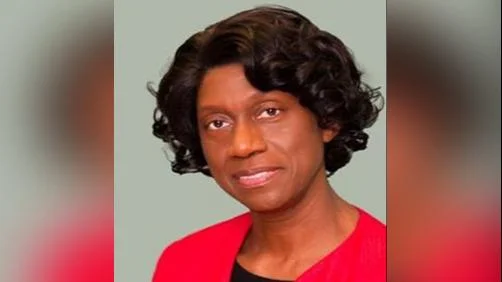
Victoria Thomas Administrative Director | Albert Shanker Institute
A gathering of educators, researchers, and advocates took place on March 1, 2025, at Planet Word in Washington, DC. Part of Emily Hanford's Eyes On Reading series, the event was titled "What is Next for the Science of Reading?" and featured presentations by Mark Seidenberg and Maryellen MacDonald. The session aimed to provide insights into the science of reading and foster further discussion.
Seidenberg spoke about the potential downside of overemphasizing certain competencies in reading instruction. He highlighted that many typically developing children achieve what he calls "escape velocity" after mastering basic reading skills. Further systematic instruction, he argued, could become counterproductive. "Teaching these children 'all the way to the moon' may not only be inefficient but potentially counterproductive," Seidenberg stated, suggesting a need to recalibrate teaching methods where overteaching has been identified.
MacDonald focused on implicit learning through sentence-level reading. She pointed out the challenges beginner readers face when encountering "book language," which is more descriptive and structurally complex than spoken language. To address these challenges, MacDonald proposed four strategies: shared reading at home, authentic practice in classrooms, strategic use of audiobooks, and exposure to quality programming.
The discussion raised several pertinent questions, such as whether the concept of "escape velocity" applies to skills beyond decoding and the implications for reading laws recently passed across the country. The conversation emphasized the need for context-specific approaches and the involvement of teachers in these decisions.
A member of the audience mentioned the idea of a "pendulum swing" in educational practices. Hanford disagreed with this metaphor, suggesting that the shift toward evidence-based practices need not swing between extremes but rather progress incrementally.
The overarching message to educators was the importance of continuously evolving teaching methods in alignment with scientific evidence. "My hope is that teachers receive this message as a valuable addition to their understanding of reading science, not a contradiction," emphasized the speaker. Teachers were encouraged to voice their opinions when methods become counterproductive, highlighting the need for professional autonomy.
The event concluded with a call to support continuous learning and collaboration between researchers and teachers. Concerns were raised about potential threats to the infrastructure supporting science of reading initiatives, urging stakeholders to resist funding cuts and preserve the norms fostering improvement.
In a related project, a national evaluation of K-12 school finance systems in all 50 states and D.C. was released. Researchers from the Albert Shanker Institute, University of Miami, and Rutgers Graduate School of Education participated in the study led by Susan B. Neuman from New York University. This project examines the impact of reading-related state legislation enacted since 2019.



 Alerts Sign-up
Alerts Sign-up